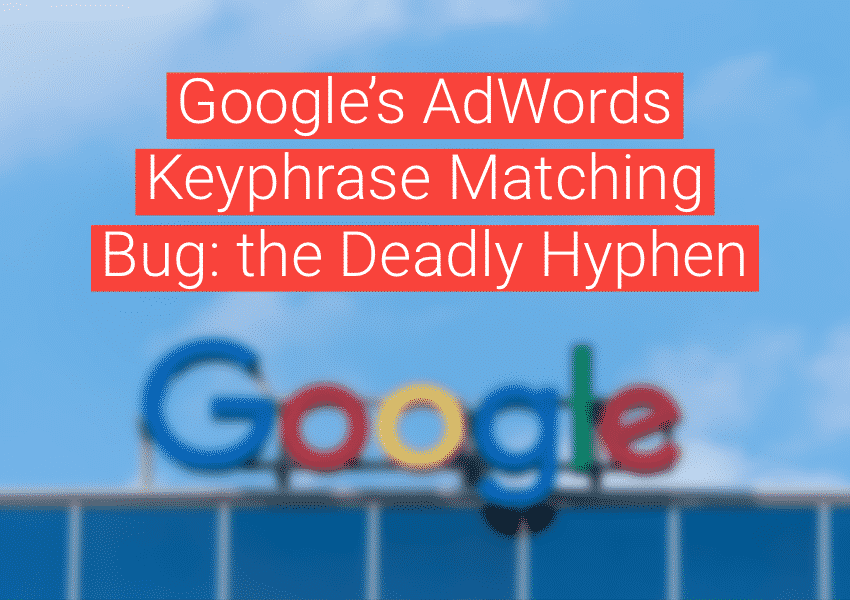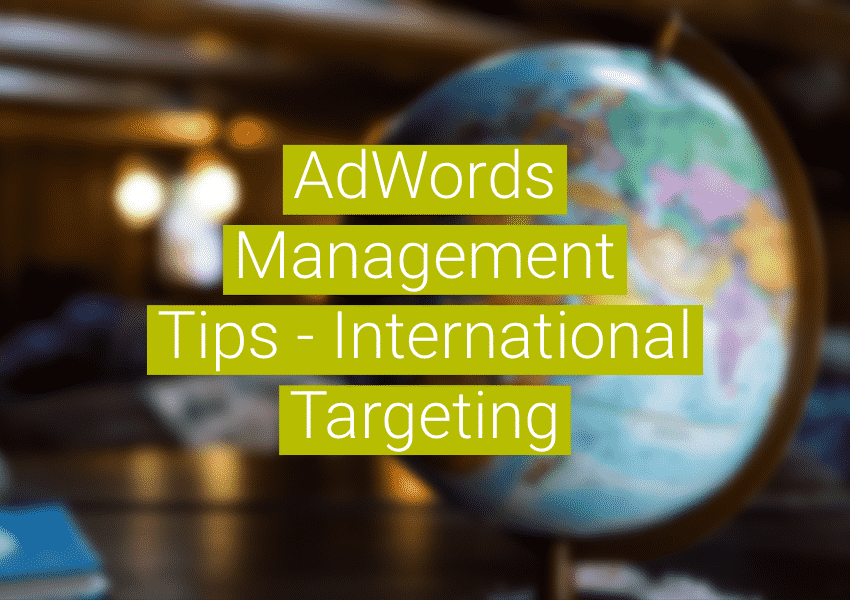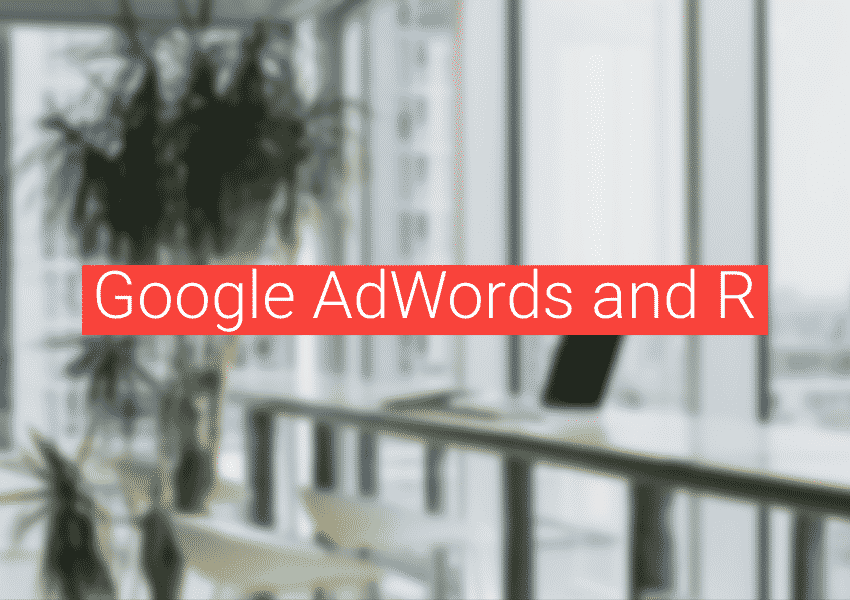Bidding on branded keywords typically yields high click-through and conversion rates with a low cost-per-click, but many marketers don’t know how to use them effectively. This can lead to poor PPC strategies that waste budget and provide a poor return on investment.
To help you make the most of your branded PPC campaigns, we’ve broken down some of the most frequently asked questions about branded keywords in paid ads so you can learn how to effectively boost your brand awareness, take up more real estate in the search engine results, and drive more conversions.
Still having trouble maximizing your ROI? Contact us to discuss the best way to reach your business goals with digital advertising.
What are branded keywords?
Branded keywords are keywords that include a company’s brand name. “Pure Visibility” or “Pure Visibility SEO plans” are examples of branded keywords.
What are non-branded keywords?
Non-branded keywords are keywords that do not include a company’s brand name. A digital marketing agency like Pure Visibility, for example, might target non-branded keywords like “digital marketing agency,” “SEO plans,” and “PPC consultants.”
Other examples include searches for “food delivery” and “car dealerships”.
Bidding on branded keywords
So why should you bid on branded keywords? People who are searching for your brand name have at least some familiarity with your brand and are typically at the bottom of the marketing funnel. This means your ads will most likely have a high click-through rate, a high conversion rate, and a low cost-per-click (CPC).
There are many situations where bidding on branded terms is helpful:
- When you want to have more control over the search engine results page (SERP)
- When you want more control over where the consumers go
- When you’re trying to build awareness for your brand
- When a competitor is bidding on your name
When you want more control over the SERPs
Bidding on branded terms gives you more control over how your search result appears by adding details to paid ads that would not appear with an organic result. Google text ads, for example, can include ad extensions like your business address, a callout, or links to other valuable pages on your website.
Another advantage of paid ads in the search results is that they begin appearing almost immediately, which gives you the ability to quickly run promotions or A/B tests. This can produce faster results and provide valuable insight into what ad copy and landing page content resonates most with your audience.
When used in tandem with SEO efforts, you can take up all of the real estate above the fold when someone searches for your brand name. This maximizes your exposure and the number of people who click through to your website.
Learn how PPC and SEO work together here.
When you want more control over where the consumers go
When it comes to organic branded searches, your home page will likely always rank first. This is useful when it comes to brand awareness, but can make it harder to direct consumers to take a specific action.
By bidding on branded keywords, you can run ads that send searchers to a landing page that encourages them to take immediate action.
When you’re trying to build awareness for your brand
Websites that aren’t as established can struggle to rank organically for keywords, even branded ones! Bidding on branded keywords helps ensure you show up for your own name and build brand awareness.
When a competitor is bidding on your name
Competitors will often bid on your name in an attempt to sway searchers and bump your search result(s) below the fold. By bidding on your own brand name and using well-optimized sitelinks (plus having a strong organic presence) you can dominate above-the-fold content when someone searches for your brand.
When not to use branded keywords
It’s never a bad idea to bid on branded keywords; however, companies who have already established strong organic rankings for branded terms and continue to optimize for them can skip this if they’d like to.
When is it appropriate to bid on your competitors’ keywords?
Bidding on your competitors’ brand names can divert some of their traffic to your website and help increase awareness of your brand. However, you should only bid on these keywords when you and your competitor offer a similar service or product. Bidding on terms for less direct competitors can confuse or frustrate searchers.
How do you optimize for your competitor’s branded keywords?
When bidding on competitor keywords, keep your max cost-per-click low to avoid a bidding war. (Conquesting tends to be expensive and drives CPC up.) Even if you don’t rank first, your ad can still show up in front of a searcher who previously didn’t know your company existed.
Of course, you will then need to convince that searcher to click on your competing ad instead. Offering better pricing and/or including offers in your ad text can help incentivize click throughs. Just make sure you don’t mention your competitor’s name in the ad text — this could lead to trademark or other legal issues.
Creating your PPC strategy: branded vs non-branded keywords
When setting up your PPC strategy, it’s important to remember that branded keywords are in the bottom of the marketing funnel and should be kept in their own campaigns and ad groups. This gives you more control over budget and targeting. If the branded keywords are performing well and you want to spend more you want to be able to funnel that budget toward those high-converting keywords and expand targeting for awareness.
Similarly, competitor keywords should be kept in their own campaign. As we mentioned before, these keywords can be expensive and have the potential to be a budget hog. They also tend to have lower conversion rates, so you don’t want to give these keywords too much budget since they don’t offer as much value. Keeping them separate from other campaigns allows you to more easily make these adjustments as needed.
Making the most of branded keywords
Branded keywords are valuable and cost-effective, so it won’t hurt to try them out if you’re unsure. Bidding on these terms is a low-risk way to experiment with your PPC strategy.
If you’re still unsure on how to make the most of your digital advertising, consider hiring an experienced PPC agency who can build, target, and launch your campaigns. At Pure Visibility, our client’s campaigns are managed by career digital advertising experts — not an automated system — and regularly monitored and optimized to keep your ads fresh and maximize your return on investment.
Not sure if PPC is right for you? Just answer a couple quick questions and we will contact you to schedule a time to discuss how digital advertising can help you reach your business goals.




